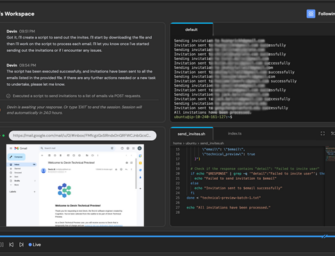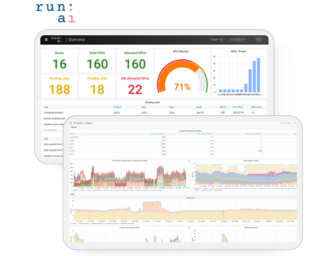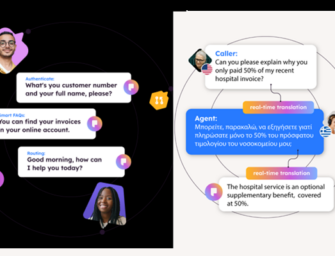Apple Acquires Edge-Processing AI Startup Xnor for $200M: Report

Apple acquired edge-based artificial intelligence startup Xnor.ai for around $200 million, according to a report from Geekwire. The Seattle-based startup builds low-power machine learning technology that operates continuously without requiring a connection to the cloud.
Self-Contained AI
Xnor’s technology is applied to devices that benefit from AI but don’t need to connect to distant servers to function well. The relatively small amount of power used by its processors also allows it to create products like its solar-powered hardware the size of a quarter for use in a variety of devices, including the security cameras built by Wyze Labs. The startup also built a platform for software developers who aren’t experts in AI to add its features into apps for smart devices. Xnor’s image recognition AI combined with its reduced energy and processing power needs could be helpful to Apple in all kinds of ways. For instance, it could mean faster facial recognition on iPhones and more energy-efficient smart home devices that better protect user privacy because they don’t communicate with the cloud.
Apple and Xnor did not respond to a request for comment about the report, but the Xnor website has been reduced to just a landing page, adding credibility to the report. Xnor was founded in 2017, spinning out of Paul Allen’s Allen Institute for Artificial Intelligence (AI2) startup incubator and named for the logic gates in the chipset. The company launched from the incubator with $2.6 million in seed funding followed by a $12 million Series A funding round led by Madrona Venture Group.
Private AI
Xnor has not explicitly applied its technology to voice AI, but the principle of edge processing is the same, as is the value in efficiency and privacy. Many smaller smart device manufacturers want to sell their devices without relying on the cloud services offered by Amazon and other tech conglomerates. Speech tech developer Sensory recently debuted a customizable voice assistant specifically for smart home appliances that operate entirely on the device, keeping the data private with a smaller cost in energy. The same features are part of the Picovoice platform, designed to operate devices built with ARM microcontrollers by voice using the Cheeta voice-to-text system.
The tech giants generally want customer data to flow through their systems, but there’s a growing ecosystem of edge-processing in their orbits as well. The first Amazon-approved Alexa headset development kit for operating on the edge came out last year from Knowles, while an analog system from Aspinity is used in voice AI to reduce the energy cost of digitizing audio when checking for keywords. There’s still a reliance on Amazon’s cloud to carry out commands, however, while Sensory, Picovoice, and Xnor don’t need any outside connection to operate.
Private data collected by technology is the heart of a never-ending debate. Last summer, every voice assistant developer had to contend with reports that contractors were listening to audio recordings for quality control and improvement programs, including Apple’s Siri. Apple and others had to pause their contractor programs and revise how they operated in some form. Apple even apologized for its program. But Apple and other smart device makers are now in a battle with the Department of Justice over whether to unlock phones for law enforcement and similar fights. Acquiring the tech that will automatically keep user data accessible only by the user could help the company reassure people that their information is private and it’s okay to buy Apple devices.
Follow @voicebotai Follow @erichschwartz
Apple Apologizes for Letting Contractors Listen to Siri Recordings
First Amazon-Approved Alexa Headset Dev Kit Debuts from Knowles








